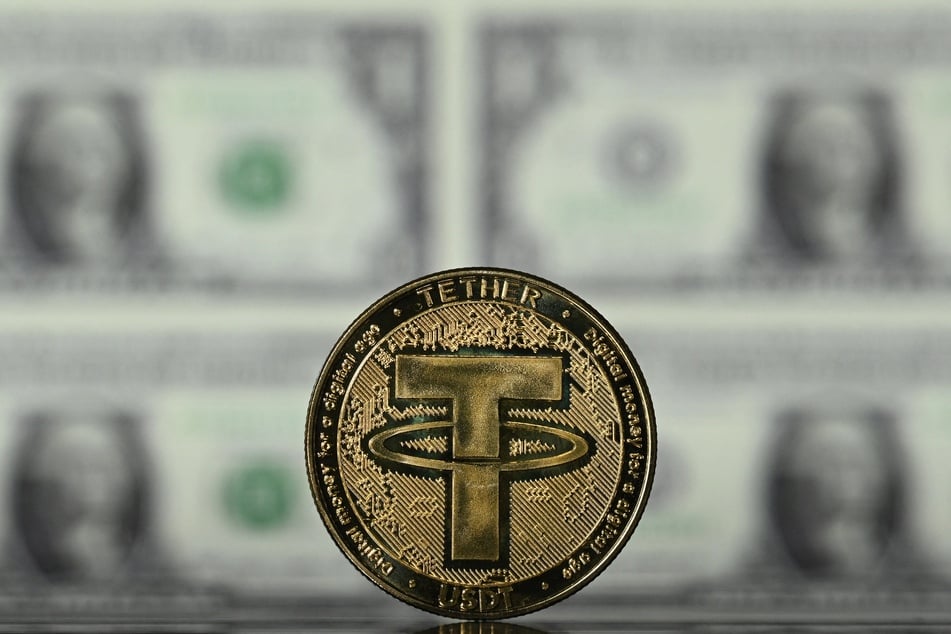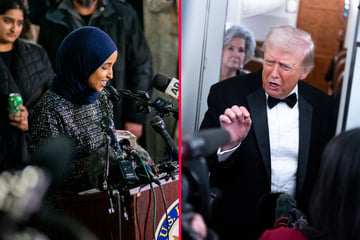US Senate passes GENIUS Act to regulate stablecoin crypto
Washington DC - The US Senate late Tuesday passed a bill to regulate stablecoins – cryptocurrencies pegged to assets like the dollar – in a move that could make them more attractive to investors.

What has been dubbed the GENIUS Act sets rules such as requiring stablecoins issuers to have reserves of liquid assets equal in value to that of their outstanding cryptocurrency.
The act passed by a vote of 68 to 30, according to the Senate press office.
Stablecoins are considered the safest and least volatile of digital currency because their value is tied to the traditional currency.
The list of assets that can be used to back stablecoins includes bank deposits, short-term treasury bills, as well as cash.
That provision was essential to promote confidence in stablecoins given a scandal in 2022 involving a TerraUSD stablecoin from startup Terraform Labs.
TerraUSD price was supposed to be guaranteed by an algorithm rather than by assets, but collapsed after a blitz of withdrawals caused its price to plummet.
What's next for the GENIUS Act?
Another provision of the bill empowers banking regulators to oversee stablecoin issuers in the US.
The legislation could extend the US dollar's influence in the world of cryptocurrency, with dollar-backed stablecoins seen as financial havens from local currencies prone to big fluctuations.
The bill now heads to the House of Representatives, where its fate is unclear.
A second cryptocurrency bill known as the STABLE Act is making its way through the House. Legislators have the option of combining both acts in a reconciliation process in Congress.
Cover photo: JUSTIN TALLIS / AFP
